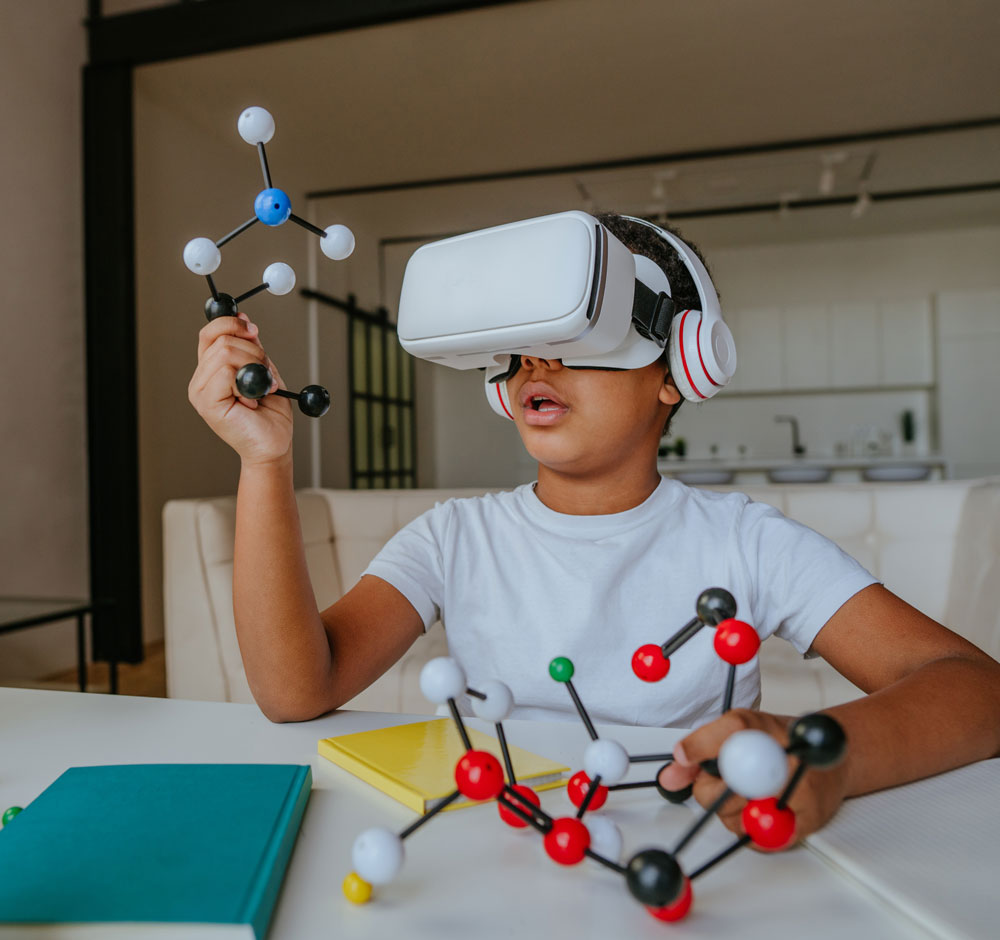In our previous article, we considered how socio-economic factors — from cost of living to financial caution — are influencing relocation. But economics are only half the story. Cultural realities are just as significant. To understand the workforce of tomorrow, we must look at how generations are growing up, how they connect, and what this means for the mobility experience.

Born digital
TMP Worldwide describes Generation Alpha as the first to grow up with technology from birth. Tablets and smartphones were part of their lives before they could walk or talk. For the latter part of Generation Z, the experience was much the same. How will this lifelong immersion in technology shape their expectations for global mobility?
The pandemic effect
Many Alphas spent formative years learning from home during the pandemic. Socialisation moved onto screens, influencing how they communicate with peers and adults. How might this affect how they integrate into new cultures or workplaces when relocated? Will they expect more digital-first community building support?

Short-form culture
Platforms like TikTok, YouTube Shorts and Instagram have become their shared language. They expect immediacy, transparency and influence. How might this shape relocation? Will employees measure their experience against the simplicity and speed of the apps they use every day?
Purpose and inclusivity
Values remain central. EY shows that younger cohorts expect inclusivity and sustainability as standard. For digital-native generations, these are not extras; they are baselines. What does it mean for mobility programmes if relocations are expected to reflect personal values as much as professional goals?

Preparing without presumption
The temptation is to try to predict exact outcomes. But as we learned from the lump sum experiment, assumptions can mislead. The task for mobility leaders is to remain flexible, ready to adapt as cultural expectations become clearer.
Closing thought
The cultural realities shaping Generation Alpha — digital fluency, pandemic disruption, values-driven outlooks — will not only influence how they work, but how they move. The more we understand these contexts today, the better prepared we will be to support them tomorrow.

